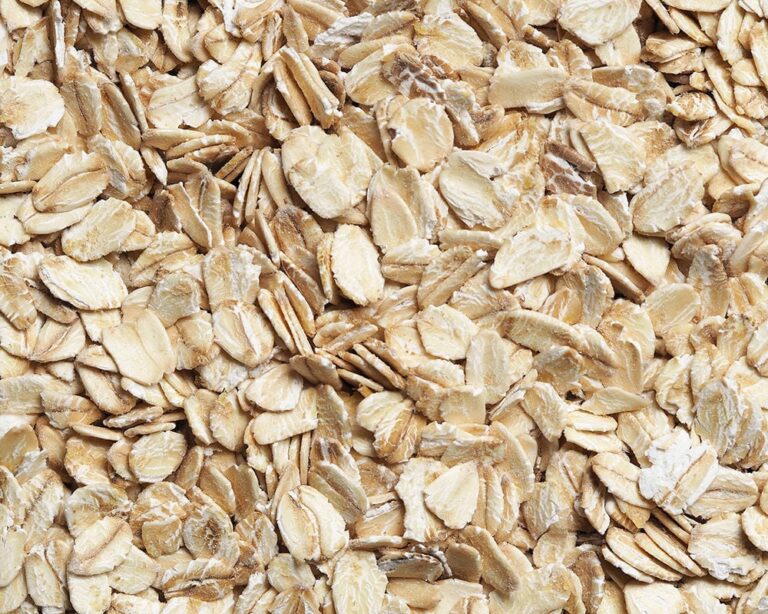être mal barré
The French saying “être mal barré” means “to get off to a bad start,” “to be heading for failure,” or “to get into big trouble.” Literally it translates as “to be badly steered” or “to be badly guided,” in the nautical sense of steering or guiding.
“La barre” is the tiller or the helm of a boat. It’s the part that is used to steer the vessel. Steering a boat badly can lead to disaster, which is the origin of this expression.
This saying dates back to the middle of the 20th century (ie, relatively recent) and comes from the French navy.
Similar English expressions include “to be off to a bad start,” “to be up the creek,” “to be in big trouble” and “to be stuffed.”






